"Standing behind every Soldier is an Army of husbands and wives, sons and daughters, brothers, sisters, fathers, mothers." These words from an Army Family, Army Strong video remind us that Army life is not just about Soldiers, it is about Families too. From April 19-23, Soldiers, Family Members and Civilians of U.S. Army Space and Missile Defense Command/Army Forces Strategic Command gathered at the Cheyenne Mountain Conference Center in Colorado Springs, Colo., to discuss the challenges of Army Families and how to make Army living better.
The get-together, better known as the Army Family Action Plan (AFAP) Conference, began in the late 1970s, when a group of Army Spouses began a grassroots program whose mission was to improve the standard of living for Army Families.
"The goal of AFAP is to identify and prioritize issues affecting quality of life for the Total Army Family," said Julia Maldonado, Family Readiness Support Assistant, USASMDC/ARSTRAT.
In 1983, after several years of successful progress, the Department of the Army officially adopted the AFAP. Twenty-seven years later, AFAP is still going strong. To date, there are 449 issues completed, 77 active issues, 120 issues determined unattainable, 112 Legislative changes, 159 Department of Defense or Army policy changes, and 178 improved programs or services. From housing to healthcare to education, lives of Army Families have been made better one issue at a time.
Each Army major command conducts its own AFAP conference. Delegates gather to discuss the issues and prioritize which ones they would like to vote on to be sent forward to the headquarters Department of Army AFAP Conference.
"We establish work groups that represent the Total Army Family - active and reserve Soldiers, Family members, Civilians and Retirees," said Maldonado. "Proposed solutions are addressed with the goal of building self-reliance. It also further unites the community through Soldiers, Families, Retirees and Civilians."
Although many issues faced by Army families are the same, with the diverse locations of USASMDC/ARSTRAT units, there can also be issues specific to certain locations. That is what makes the conference unique in comparison to other commands. Delegates do not just travel from within the U.S. for this conference. With sites in Korea, Japan, Kwajalein Atoll, Germany, and across the U.S., delegates come from all over the world to participate in this important event.
"AFAP is great in that it gives Soldiers and Families a forum to provide feedback on how Army policies and processes are actually doing," said Charlie Company, 53rd Signal Battalion 1st Sgt. Christopher W. Harbach, a delegate from Landstuhl, Germany. "The senior leaders who develop the policies and procedures can't see every individual for that input, but through AFAP, they can get those priority issues addressed for the Army community."
This year's USASMDC/ASRTRAT conference, organized by KC Bertling, AFAP/Family Program Manager/Program Analyst Military Personnel Division G1, began with training sessions by Patty Centeno, Department of Army AFAP representative. Delegates were split into three groups - Education/Consumer/Employment; Medical/Dental/TRICARE; and Soldier/Housing - each with a facilitator, transcriber and recorder staff. Centeno began with staff training to ensure staff members understood their roles and how they would provide direction and support necessary for the success of their delegate groups. During training, each facilitator took turns role playing possible scenarios they could encounter during the group sessions.
Next the delegates attended a training session which provided them with the stringent guidelines for issue development and the flow of the next several days. The day ended with a Luau dinner hosted by the USASMDC/ARSTRAT Commanding General, Lt. Gen. Kevin T. Campbell, USASMDC/ARSTRAT Command Sgt. Maj. Ralph Borja, and their wives Kathy Campbell and Nguyet Borja.
The following morning, delegates and staff members got down to business sorting through various issues, asking questions of subject matter experts, and determining what action they would like to take with each issue. Each workgroup debated issues, voted on their top three and developed issue papers over three days in preparation for the final out brief on Friday. After an intense week, the three workgroups presented their top three issues to the command leadership through a workgroup spokesperson. The top three issues for each workgroup were:
Education/Consumer/Employment:
1) Centralized Scholarship Database for the Total Army Family
2) Standardized Continuing Education Awareness for the Total Army Family
3) Military Liaison/Education for Local Law Enforcement
Medical/Dental/TRICARE
1) TRICARE Dental Program Benefits and Co-Shares
2) Wait Times at Installation Pharmacies
3) Soldier Education on TRICARE and Exceptional Family Member Program (EFMP) Entitlements
Soldier/Housing
1) Transportation Claims Process
2) 15-year Retirement for Soldiers
3) Enlisted Soldier Pay Incentives for Degree Completion
As each presentation was made, Campbell and Borja dialogued with the group spokespersons regarding their issues and asked questions for clarity. With the presentations over, the delegates voted from the nine issues to find the top three that will move on to the Department of Army AFAP Conference. The results were:
1) Enlisted Soldier Pay Incentives for Degree Completion
2) TRICARE Dental Program Benefits and Co-Shares
3) Soldier Education on TRICARE and Exceptional Family Member
Harbach, the spokesperson for the Soldier/Housing workgroup, was ecstatic that an issue from his group received the top number of votes. "It's a great sense of accomplishment. It made me feel like I did my part to ensure that issue was clearly identified and articulated with an achievable solution for the USASMDC/ARTSRAT commanding general and AFAP delegation to select it for review at the DA level."
Delegates from the command will join the command leadership at the Headquarters Department of Army AFAP Conference in early 2011 to lobby for their issues.
Other items presented to the USASMDC/ARSTRAT leadership were:
Mobilization, Deployment and Family Readiness Strengths
1) Education - Provides post 9/11 GI Bill, variety of programs, focus on dependents;
2) Army Family Action Plan (AFAP) - The Ability for the Total Army Family to voice issues to the Army leadership;
3) Morale, Welfare, and Recreation (MWR) - Provides a variety of programs available especially during deployments
Mobilization, Deployment and Family Readiness Challenges
1) Deployments - Short dwell times, 12-15 month durations, immediate PCS after deployments;
2) Medical Care - PTSD treatment, long wait times, poor bedside manner, lengthy referral process, long wait times for Rx;
3) Physical Fitness - Not challenging for fit Soldiers, should improve for those on profile program
Top Six Critical Active AFAP Issues
1) Issue 596 - Convicted Sex Offender Registry
2) Issue 457 - Modification of Weight Allowance Table
3) Issue 307 - Inferior Shipment of Household Goods
4) Issue 586 - Chiropractic Services for All TRICARE Beneficiaries
5) Issue 521 - Instate Tuition for All Military Family Members
6) Issue 628 - Bereavement Permissive TDY
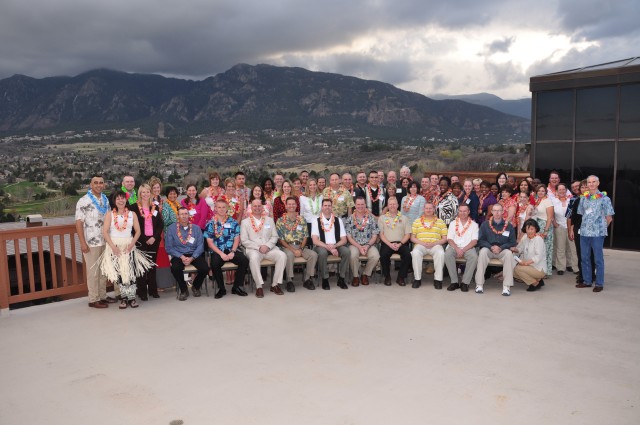
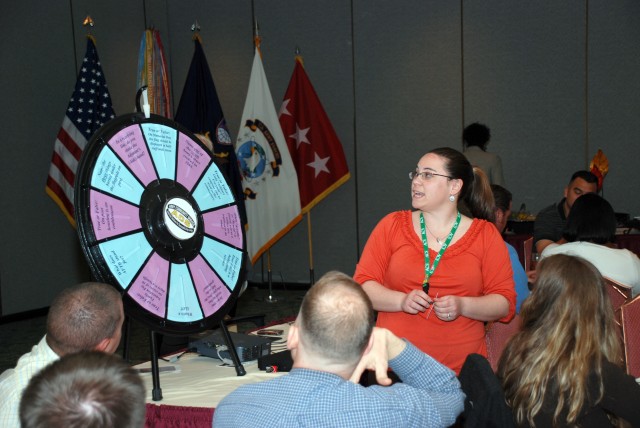
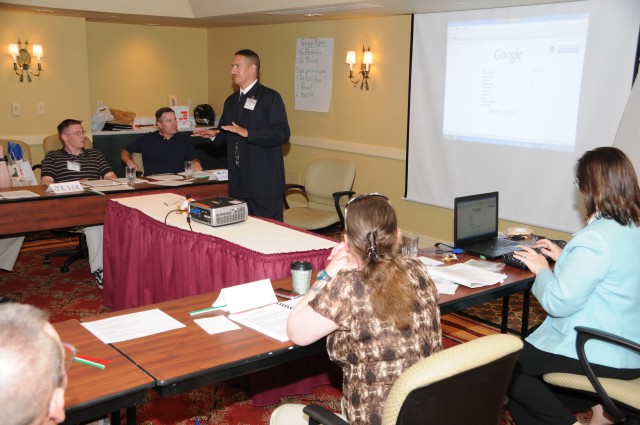
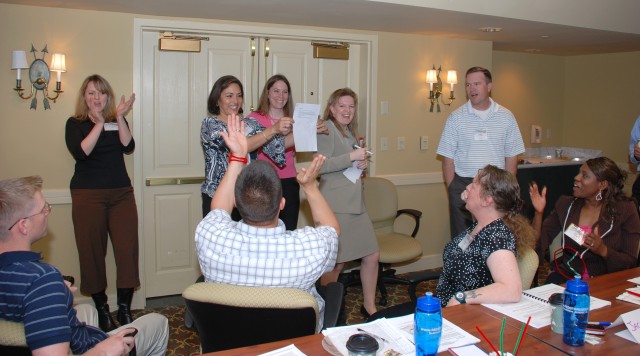
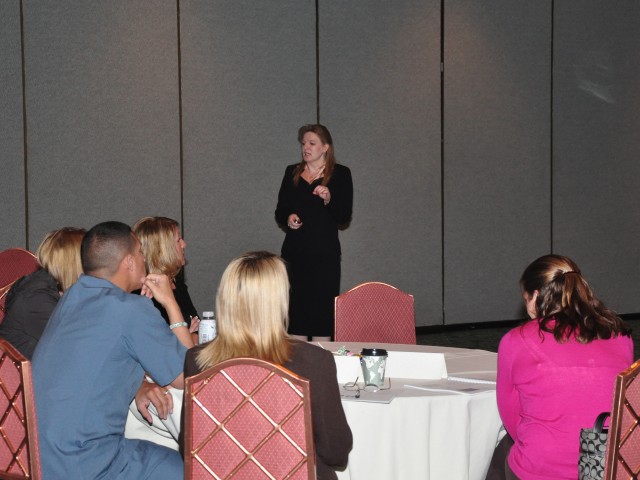
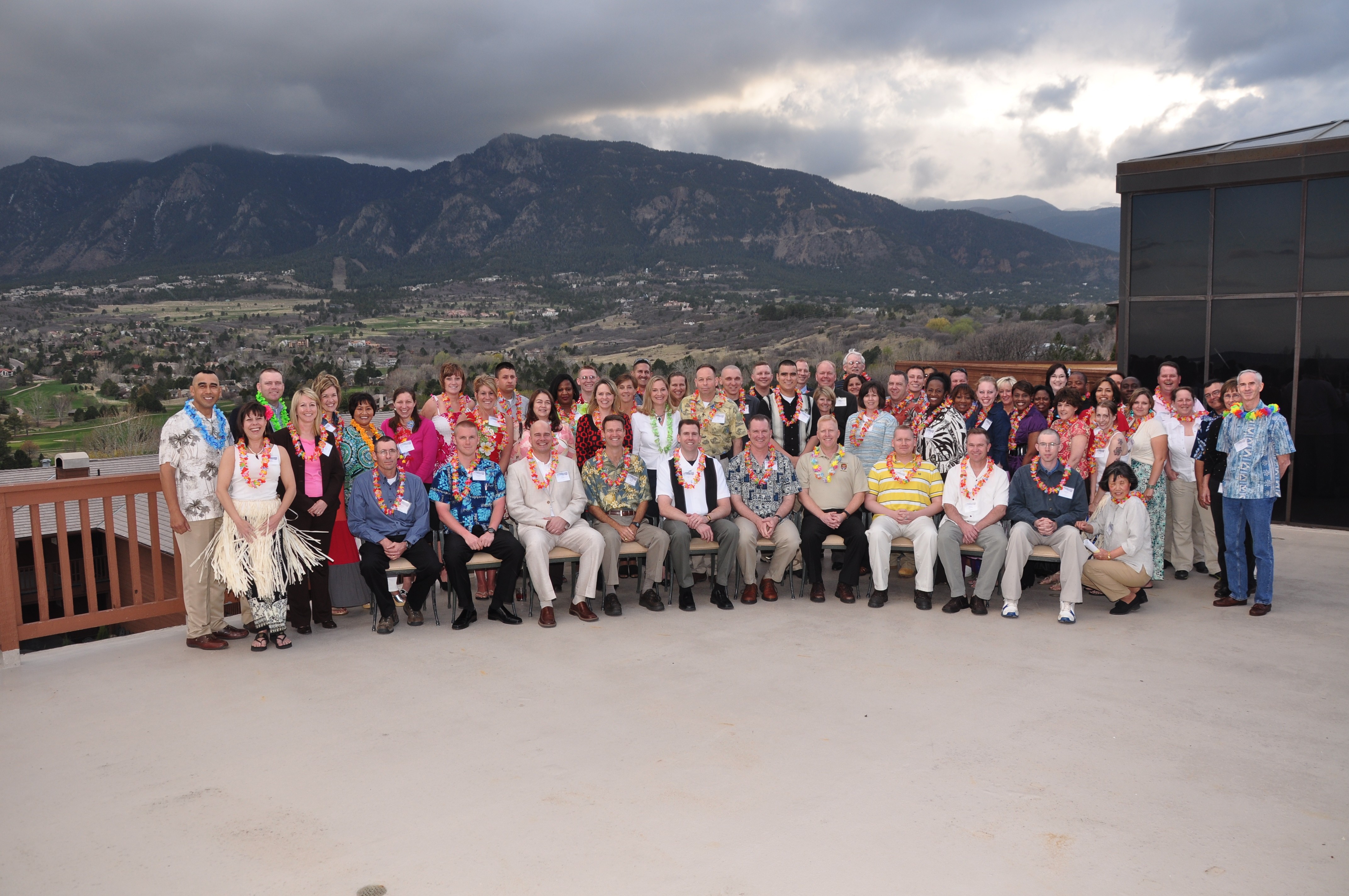
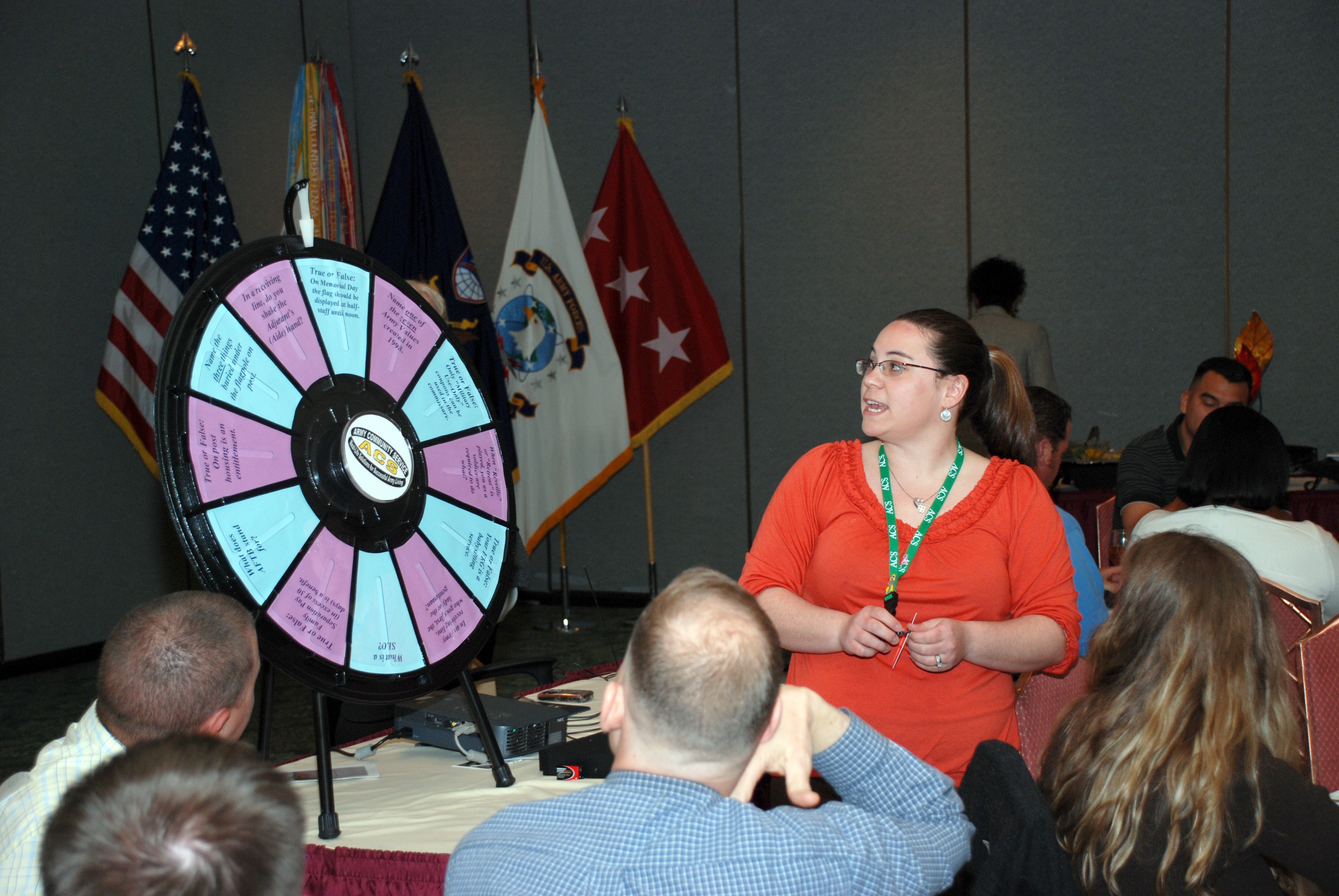



Social Sharing